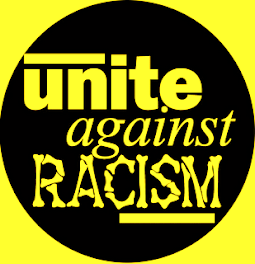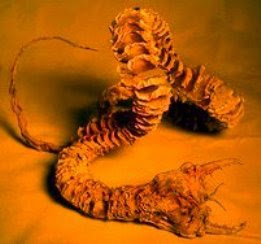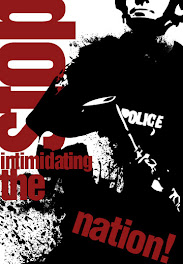CHECK THE LATEST NEWS FROM MALAYSIA TODAY HERE
From Rockybru:
"Monday, May 05, 2008
Sedition charge against RPK and Syed?
Malaysian blogger Raja Petra Kamarudin has been told to appear in the
Author Syed Akbar Ali, an active commenter on blogs, has also been told to appear at the same court, at 10AM. On sedition charge, too?"
From Zorro:
"Monday, May 5, 2008
BATTLE LINES DRAWN....TAKE YOUR SIDE.
"Raja
(Today, 6th May 2008 at 9:30)
SEDITION
Sedition [noun] public speech, writing or action encouraging public disorder, especially rebellion against the government.
ETYMOLOGY: from Latin seditio a going apart, from sed away + ire to go.
Some more Information about sedition:
(Source Wikipedia)
Sedition is a term of law which refers to covert conduct, such as speech and organisation, that is deemed by the legal authority as tending toward insurrection against the established order. Sedition often includes subversion of a constitution and incitement of discontent (or resistance) to lawful authority.
Sedition may include any commotion, though not aimed at direct and open violence against the laws. Seditious words in writing are seditious libel.
Because sedition is typically considered a subversive act, the overt acts that may be prosecutable under sedition laws vary from one legal code to another.
Where those legal codes have a traceable history, there is also a record of the change of definition for what constituted sedition at certain points in history.
This overview has served to develop a sociological definition of sedition as well, within study of persecution.
The difference between sedition and treason consists primarily in the subjective ultimate object of the violation to the public peace.
Sedition does not consist of levying war against a government nor of adhering to its enemies, giving enemies aid, and giving enemies comfort.
Nor does it consist, in most representative democracies, of peaceful protest against a government, nor of attempting to change the government by democratic means (such as direct democracy or constitutional convention).
Put simply, sedition is the stirring up of rebellion against the government in power.
Treason is the violation of allegiance to one's sovereign or state and has to do with giving aid to enemies or levying war.
Sedition is more about encouraging the people to rebel, when treason is actually betraying the country.
REPRESSIVE MALAYSIAN LAWS (sourced from Human Rights Watch web site)
The Sedition Act
The act's vague language invites selective application against political opponents for any kind of criticism. Indeed, it was used in January 2000, shortly after the national elections, against opposition figures who criticised the government.
Such expression is a basic right guaranteed by internationally recognised human rights standards.
In addition, although numerous police reports alleging acts of sedition were filed against ruling party officials and allies during the same period, only opposition figures were arrested.
Once again it seems that the law is being used for politically motivated proceedings this time against a blogger and social activist, as it has been used against lawyers, journalists, and opposition leaders in the past.































No comments:
Post a Comment